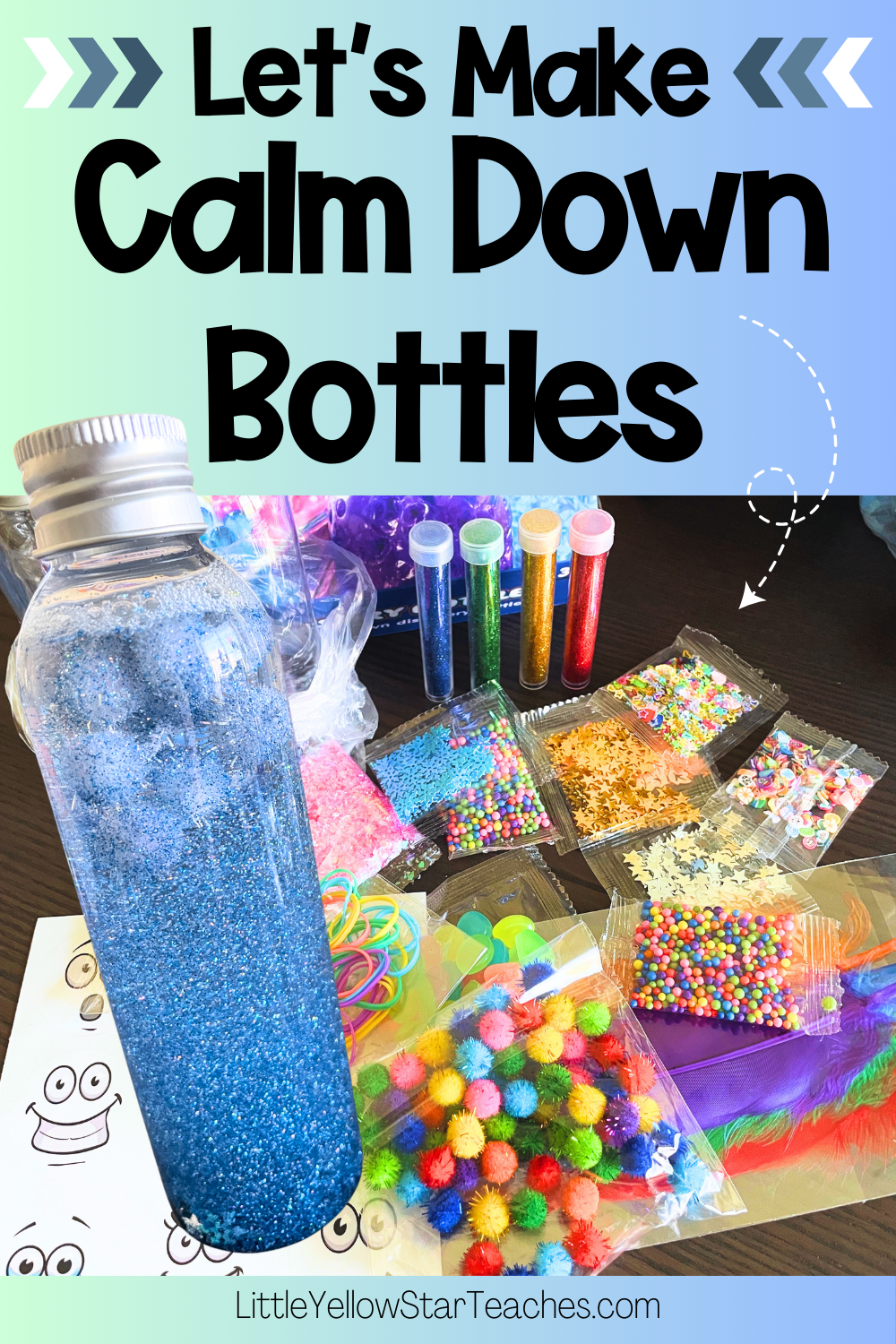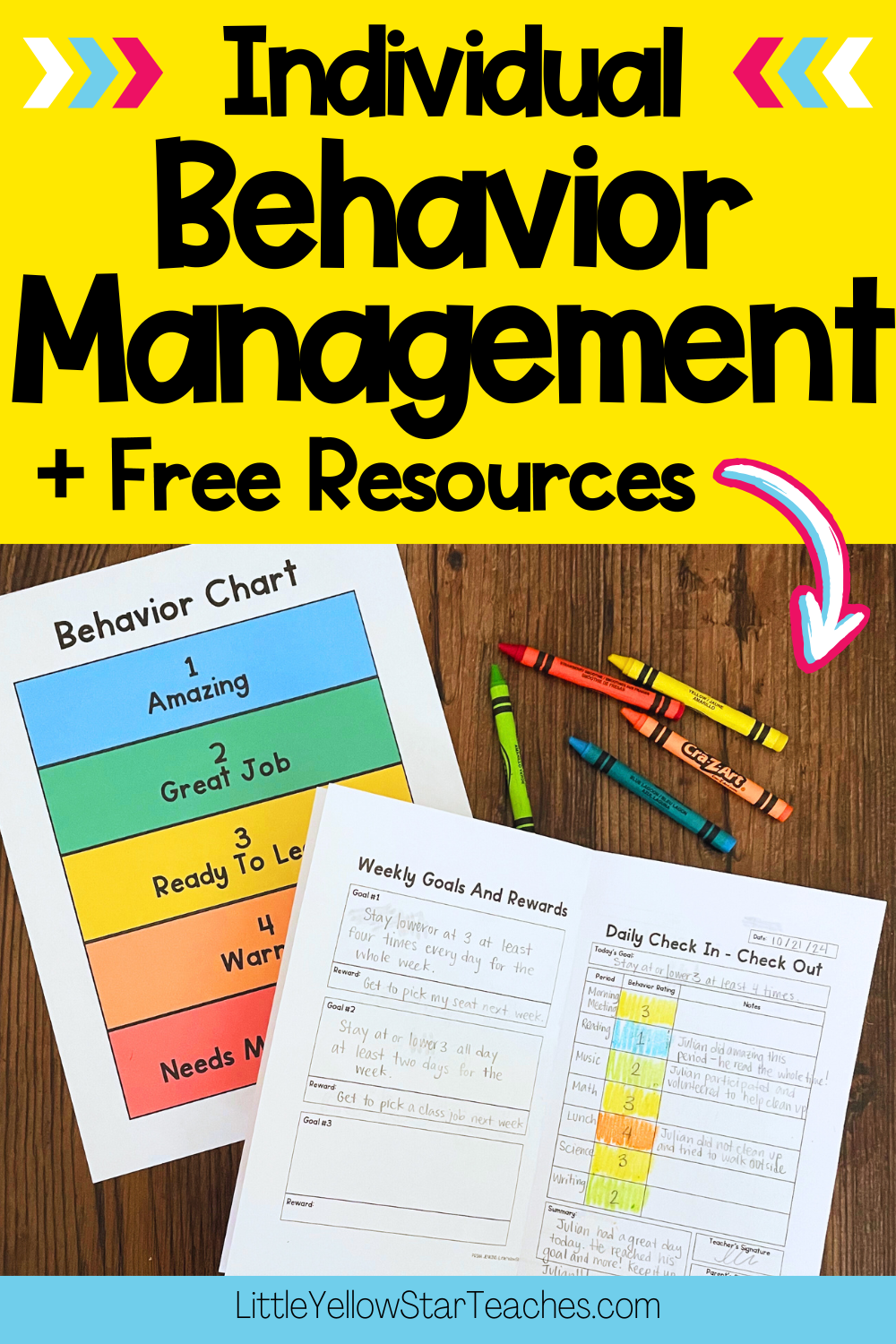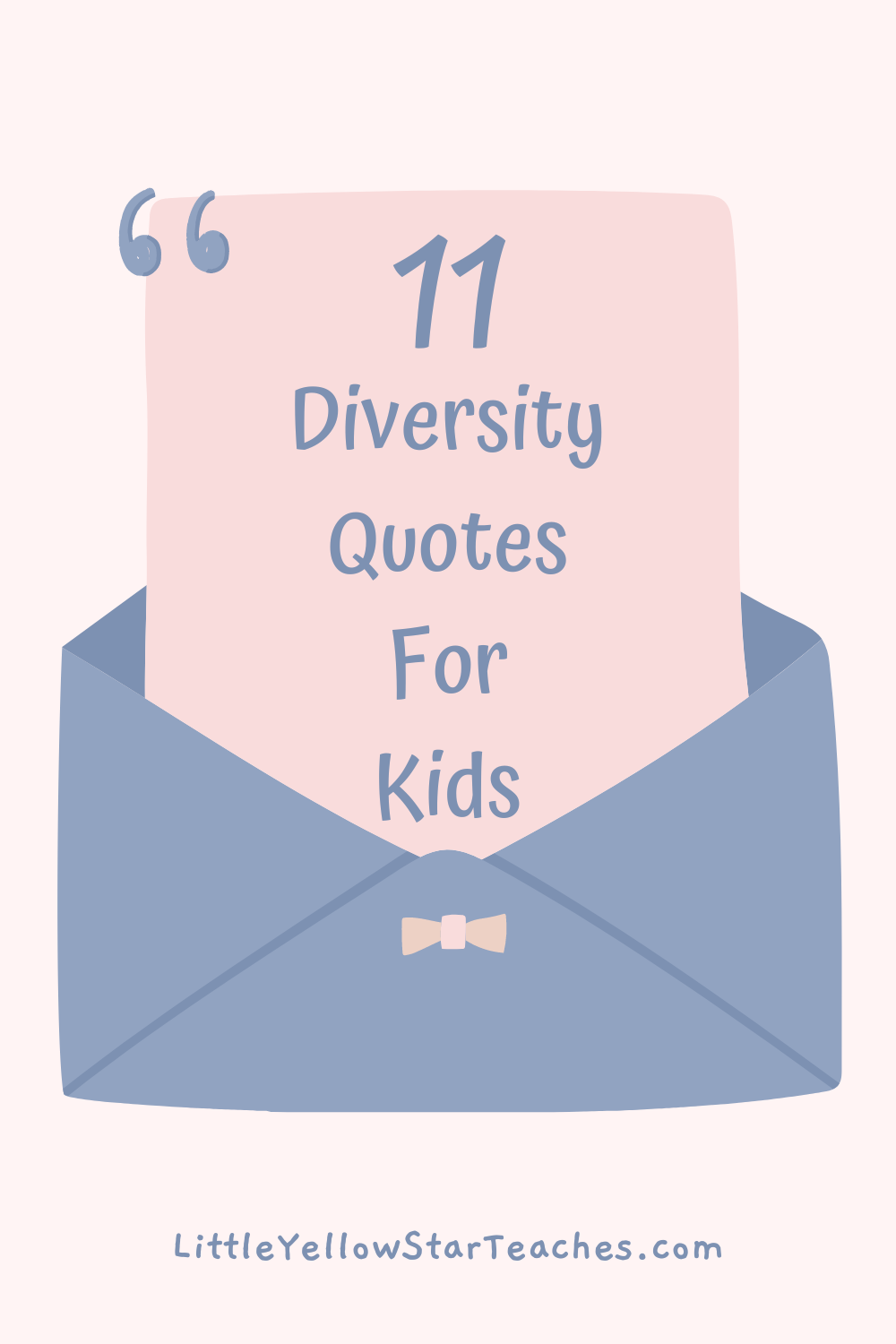
*Disclosure: This post contains an Amazon affiliate link that at no additional cost to you, I may earn a small commission when you purchase through the link from my blog. Thank you for your support!
When I was first accepted for a 4th-grade self-contained teaching position almost 6 years ago, I was extremely excited but also quite nervous. Nervous, mainly because it would be my first time teaching reading and writing, and using the workshop model.
I spent that summer reading and researching to prepare myself for the school year. That summer, I read a ton of children’s books, as well as reading and writing professional development books for teachers. Some were amazing, I encountered methods that I’m still using today. Some were not so great. You know how it goes.
From then on, I’ve been reading and adding on to my collection of teaching books, since new innovative educational strategies and pedagogies are constantly being introduced.
There are so many professional development reading and writing books for teachers out there. How do you know which one to read? It honestly depends on your situation and your goals, and that I can’t answer for you. But what I can do is recommend some books that have helped me and improve my reading/writing class!
These are educational books for new teachers and veteran teachers. If you are looking for books on teaching reading and writing, look no further!
Reading PD books for Teachers

Book #1: The Daily 5 by Gail Boushey and The Daily Cafe team
This is THE BOOK to read if you are new to teaching, having a lot of behavioral issues, or feeling overwhelmed with your reading/writing curriculum.
If I remember correctly, Gail Boushey and her sister got together to develop The Daily 5 framework to solve some of the challenges they faced in scheduling, behavior and instruction. This framework creates a balance in the literacy program, and gives students choice while ensuring that they work on all important skills. The Cafe Book is also a great additional read to the Daily 5 since the Cafe Menu is the literacy system that is created to be used with The Daily 5.
My takeaways from this book:
- Classroom Management: I’ve learned SO MUCH about how to teach routines and deal with challenging behaviors from this book!
- The Framework Itself – The framework really does work and easy to manage! Even though I don’t use the framework anymore because of our reading program, I still build reading stamina, set up partner reading, tracking and how to conduct a reading/writing conference like the way this book has taught me.

Book #2: Notice and Note(Fictional Text) by Kylene Beers and Bob Probst
This is a MUST READ if your students are struggling with close reading strategies or providing text evidence. The Notice & Note strategies get students to visualize reading as a journey with signposts. When they encounter a signpost, they stop, question and think about how this signpost plays a role in the text. Is the story about to change? Are we learning an important clue about the character’s past or future?
I model using the Notice & Note strategies during my read aloud, for my students to use them on their own during their independent reading. We stop and jot when we encounter a signpost. Since the students are reading the text closely and are used to looking for signposts, providing text evidence becomes a natural process. Beers and Probst also wrote Notice & Note (Nonfiction Text) with signposts specifically for non-fiction texts.

Book #3: Disrupting Thinking by Kylene Beers and Bob Probst
This book is from the same author as the Notice & Note strategies. This book not only provides a framework for how to get your students to become responsive readers, but it challenges us, educators, to think about how we are teaching reading. The book explains the importance of cultivating responsive readers, especially for our society right now. I highly recommend this book for EVERY reading teacher.

Book #4: The Book Whisperer by Donalyn Miller
At this point, it feels like this is a prerequisite reading before you become a reading teacher. It’s a must-read book for teaching reading! This book is famous for the 40 books challenge that Donalyn Miller used in her classroom. If you have not read it, it will force you to reflect on your reading curriculum and instruction. Is it really teaching your students to read? Is it killing the joy of reading? What should we thrive for in our reading classroom?
I know I’m dramatic but I teared up while reading this book. It got me reflecting on my own reading journey and remembering the anxiousness I felt during reading class. I was a terrible reader in elementary school and hated reading. It wasn’t until 7th grade that I discovered the joy of reading, because my best friend at the time convinced me to read Harry Potter with her. Remembering that feeling, made me even more motivated to not ever make any of my students feel that way in my classroom.
Donalyn Miller also wrote another book called “Reading in the Wild,” which will give you more tools to implement in your classroom. But read “The Book Whisperer” first!
Writing PD books for teachers

Book #5: Patterns of Power by Jeff Anderson
Do you teach grammar? Are your students not getting it? READ THIS BOOK!
It took me so long to finish this book because I kept pausing, nodding, thinking and taking notes. It just makes so much sense! Using mentor sentences to teach conventions is just plain genius! Students observe and develop a deeper understanding of the purpose of the specific convention.
It’s different and might be scary to implement in the classroom at first, but do it, especially if you have ESL/ELL learners in your classroom. I was blown away by what my students noticed, the questions they were asking and the discussion that came from just one mentor sentence about conventions! No one ever wants to talk about grammar, but that day nobody could stop talking about grammar!

Book #6: Launching The Writing Workshop by Denise Leograndis
If you plan on using the writing workshop model in your classroom, this is the book you need! This book has been a lifesaver, especially during my first year teaching writing. It gives you a step-by-step process on how to launch your writing workshop with clear pictures of the anchor charts to create. Everything you need to launch a successful writing workshop is in this book!

Book #7: The Writing Thief by Ruth Culham
The book shows you how to read with a writer’s eye. It shows you how to use mentor texts to teach writing! This book is a great resource to have especially if you are using the workshop model and do guided writing in your room.
Ruth Culham is also famous for her work with 6+1 Traits in writing. I use the 6+1 Traits the same way that I’d used the Cafe Menu in the past. For their weekly writing goal, my students focus on a specific trait of writing to work on every week. If you are interested in learning more about the 6+1 Traits in writing, these are the books to read:

Book #8: The Writing Revolution by Judith C. Hochman
This book talks about the different writing skills and how you should approach teaching writing.
I teach 4th grade and even though my students are expected to know how to write at least three paragraphs by the time they enter my classroom, we all know that is not always the case. This book shows you how to get your students to write from the ground-up and fast!
MUST HAVE:
These two books are not necessarily read-through books, they are strategy books. These are books you are going to want by your side when you are planning! They are especially useful when you need to reteach a lesson!

Book #9: The Reading Strategies Book by Jennifer Serravallo

Book #10: The Writing Strategies Book by Jennifer Serravallo
There you have it! 10 books for reading and writing teachers!
I hope that this post has been helpful to you as well as give you some ideas on what to read this upcoming summer. Make sure to leave a comment below, I always love hearing about different things you will implement next school year because of these books. Furthermore, if you have any other book suggestions for me to read, please list them below. I’m always on the hunt for some good teacher PD books!
Prima from LittleYellowStar
Prima from LittleYellowStar

* * *







